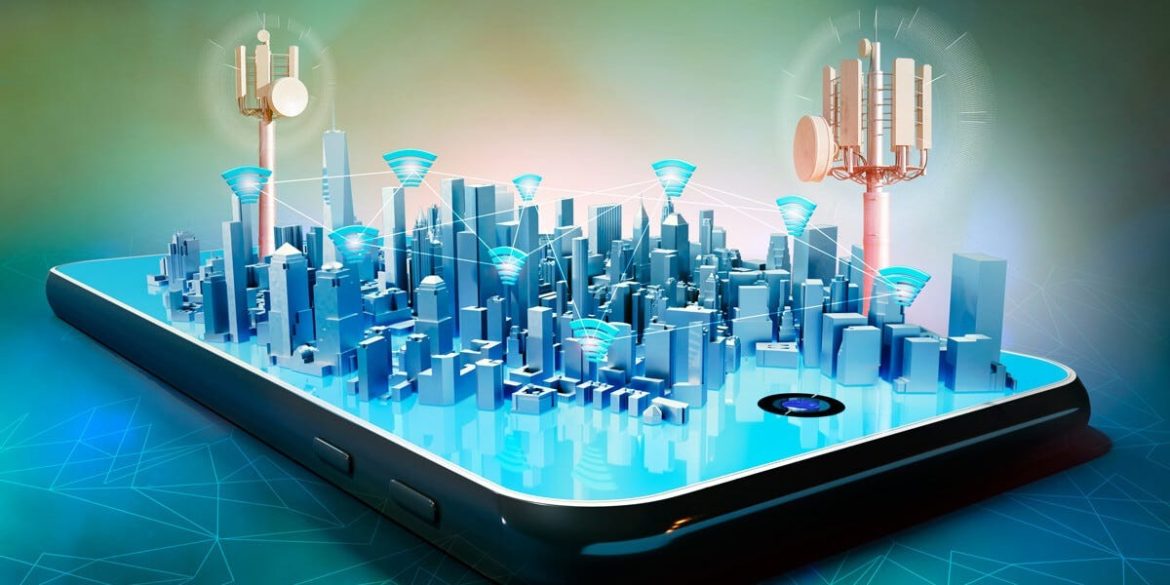The integration of 5G technology into the realm of smart city development has sparked a revolution in urban living. As someone who has spent a decade immersed in the technical aspects of this field, I have witnessed firsthand the transformative power of 5G networks. In this article, we will delve into the profound impact that 5G is having on the evolution of smart cities, examining the key drivers, benefits, and challenges associated with this revolutionary shift.
The Evolution of Smart Cities
Before delving into the specifics of 5G’s influence, it’s essential to understand the evolution of smart cities. Smart cities leverage cutting-edge technologies to enhance the quality of life for their residents while optimizing resource utilization and sustainability. These cities incorporate various data-driven systems, such as IoT devices, sensors, and advanced analytics, to make informed decisions and streamline operations.
The Crucial Role of 5G
At the heart of this transformation lies 5G, the fifth generation of wireless technology. 5G networks offer unparalleled speed, reliability, and low latency, making them the ideal foundation for smart city development. Let’s explore some key ways in which 5G is shaping the future of urban environments:
1. Enhanced Connectivity
One of the most apparent impacts of 5G on smart cities is the significantly improved connectivity it provides. With download speeds up to 100 times faster than 4G, 5G enables seamless communication between countless IoT devices and sensors spread throughout the city. This enhanced connectivity forms the backbone of smart city infrastructure, facilitating real-time data collection and analysis.
2. IoT Proliferation
5G’s low latency and high bandwidth have paved the way for an explosion of IoT devices in smart cities. These devices can monitor and control everything from traffic lights and waste management to air quality and energy consumption. As a result, cities can operate more efficiently, respond to incidents rapidly, and reduce resource wastage.
3. Improved Public Services
Smart city residents benefit from improved public services powered by 5G. For instance, healthcare services can remotely monitor patients, and emergency response teams can pinpoint accidents with precision. Moreover, transportation systems can optimize traffic flow and parking availability, reducing congestion and emissions.
4. Sustainable Practices
5G plays a vital role in promoting sustainability within smart cities. By efficiently managing resources like water, energy, and transportation, cities can reduce their environmental footprint. For instance, intelligent street lighting systems powered by 5G can adjust brightness based on real-time conditions, saving energy and costs.
Challenges and Considerations
While the impact of 5G on smart cities is undoubtedly transformative, several challenges must be addressed:
1. Infrastructure Deployment
The rollout of 5G infrastructure is a massive undertaking that requires significant investment and coordination. Cities must ensure that the necessary infrastructure, such as small cell networks and fiber-optic connections, is in place to support 5G deployment.
2. Data Security and Privacy
With an abundance of data being collected in smart cities, data security and privacy become paramount. Strict protocols and encryption measures must be in place to protect sensitive information and ensure the trust of citizens.
3. Digital Divide
As smart cities adopt 5G, it’s essential to bridge the digital divide to ensure that all residents have equal access to the benefits. This includes addressing affordability concerns and providing digital literacy programs.
The Future of Smart Cities with 5G
In conclusion, 5G technology is revolutionizing the landscape of smart city development. Its ability to provide enhanced connectivity, support IoT proliferation, improve public services, and promote sustainability makes it an indispensable tool for urban planners and policymakers. However, addressing challenges such as infrastructure deployment, data security, and the digital divide is crucial to harness the full potential of 5G in building smarter, more efficient, and sustainable cities. As a seasoned technical copywriter in this field, I firmly believe that the fusion of 5G and smart cities holds the promise of a brighter and more connected future for urban dwellers worldwide.

